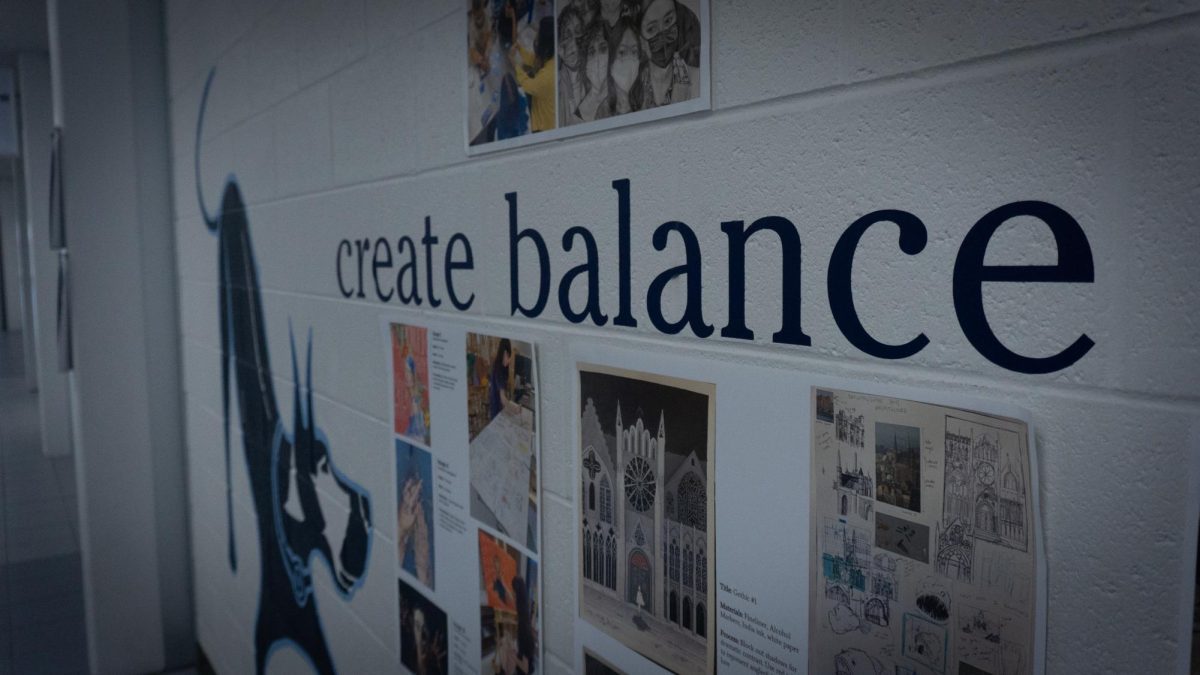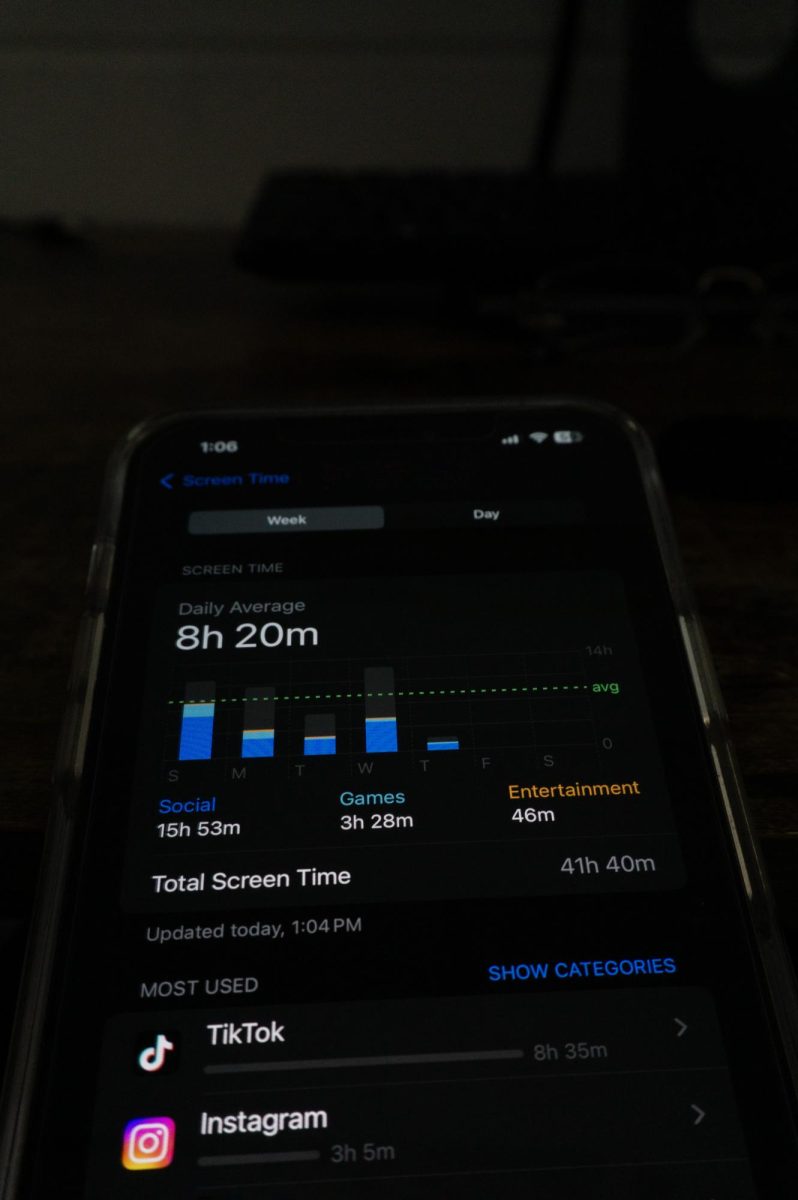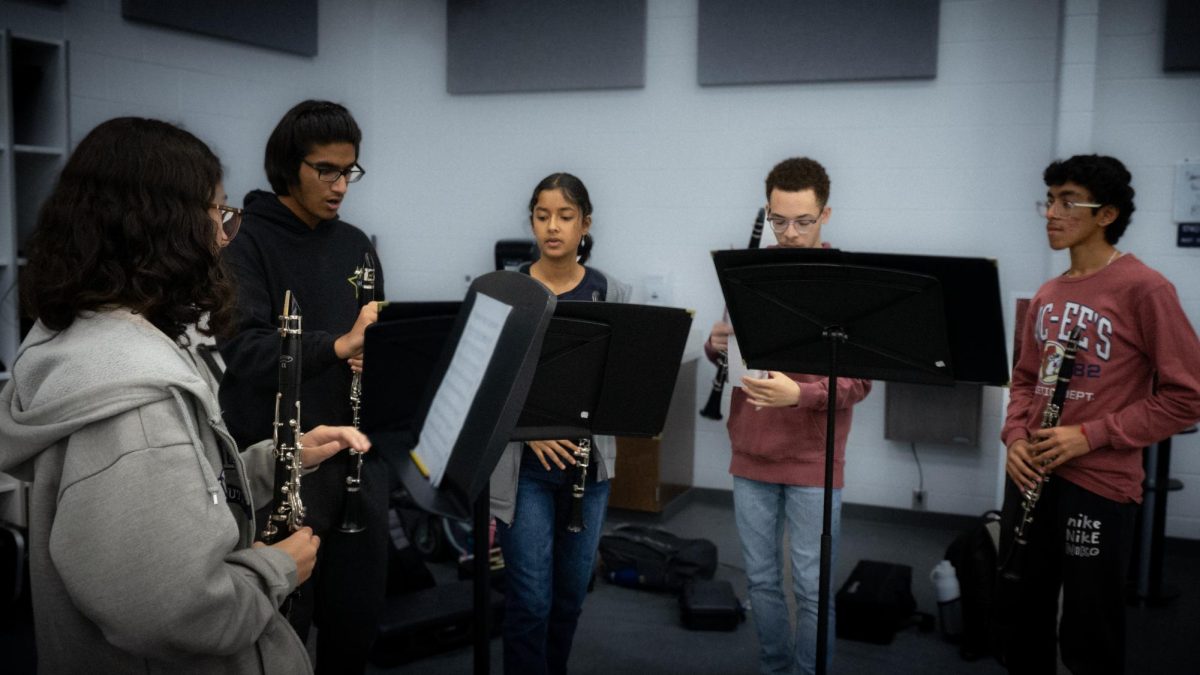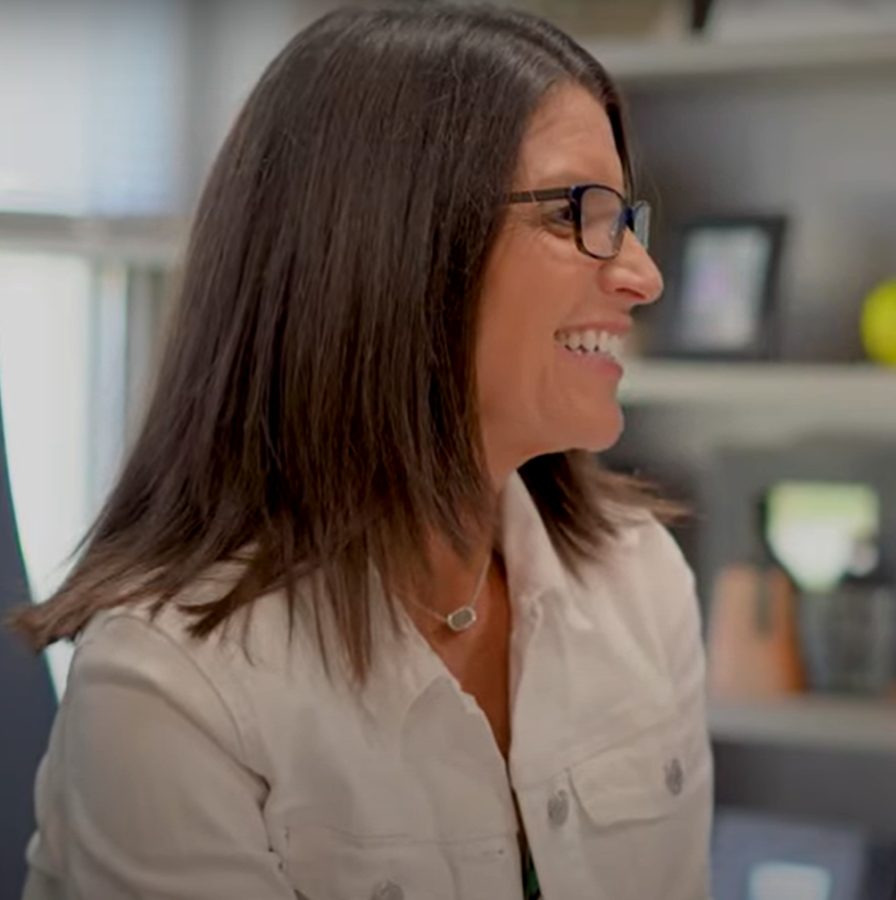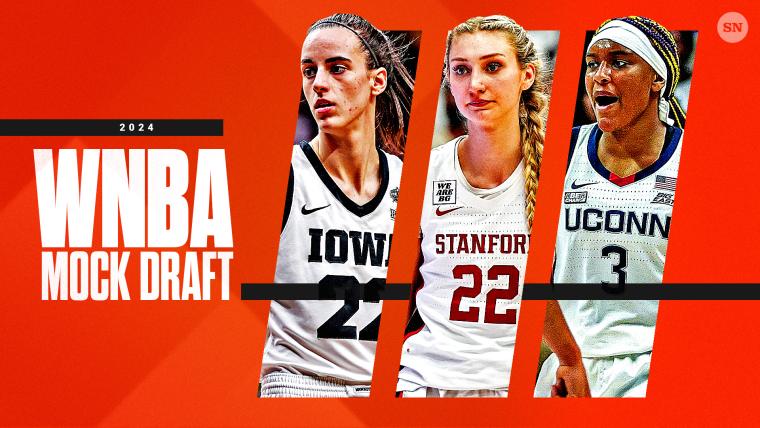The countdown has ended. Another has begun. Early college applications have been either accepted or deferred, and the general application season begins soon. Students that chose to go to college consider applying early because the chances of being accepted increase due to a smaller number of applicants. One would think students would be flooding to apply with this opportunity, but the stakes are high and the admissions committee is a lot more selective. Applying early to highly selective schools increases the chance of getting in. Students who apply early usually have a major interest and desire to get into their dream college, and their resumes are loaded with AP classes, clubs, and extracurriculars. Although the students have very impressive credits and involvement in the school community, many get deferred and asked to re-apply in the spring. Getting deferred doesn’t mean rejection though, but it still discourages students and adds even more pressure on the application process.
Students are propelled into early applications for many fitting reasons. Eshika Parchuri, a Denmark senior, explains that students “ could have some stress lifted off of [their] shoulders; since this application season was so stressful”. Forsyth County graduate Maci Steele applied to USC because “it was one of the few schools in this region that offered my major”. High interest in the school itself or the majors offered are very good reasons for early application due to the added passion one will have towards the process in hopes of acceptance.
Although early applications seem like an easy out, students have a few tips about how to be successful throughout the process. By only applying to schools you’re passionate about getting into, either you have been a lifelong fan or had family members graduate, the more time and effort will be put into perfecting those applications will greatly increase your chances. Students applying early to colleges just to get the process out of the way often do not put in as much work and time as they should, and often face deferrals. Faced with the deferral letter from USC, Steele reflects that “My chances of getting in [to USC] were slim, and this school is not my dream school anyway” (Steele).
Making sure all components of the applications are turned in on time can prevent an accidental defer. Colleges are very particular about who they accept, and by having test scores readily available can simplify the process.
Sadly, even if a flawless application is submitted, there’s no guarantees that it will be accepted. Defers are a high possibility when there are a high number of students applying, but all is not lost when the results are in. Having a good support system of friends and family can help offer advice and possible next steps. “ I was told I should appeal it and write another letter expressing my desire to attend” (Steele). Also, preparing for the possibility of deferral can help prevent being blindsided and shocked by the result. “ I wasn’t that sad since I anticipated it” ( Parchuri). Deferrals can help narrow down options and refocus efforts on other schools. In Steele’s case, she crossed USC off the list and “got into the college that I wanted, and was able to sit back and enjoy the rest of my year without the stress of being denied or deferred” (Steele).
“[I] got into the college that I wanted, and was able to sit back and enjoy the rest of my year without the stress of being denied or deferred”.
For UGA in particular, “They only really look at your stats, but then for regular [applications] they look at your rec letters and everything” (Parchuri). Making it a point to look at what both early and regular applications focus on can vastly improve chances of standing out after deferral. As simple as it sounds, timeliness and organization make a significant difference in the process, and it’s recommended that “making sure all materials [are turned] in WAY before the deadline” can break down the steps and encourage more thought and revisions are made to essays. Turning in materials on time also relieves the stress of last minute rushing and the possible errors in completion of the application. In addition, being aware of due dates can prevent accidental deferral as well. Colleges look highly upon thorough completion and the early submission of applications.
Deferrals can offer a second chance for applicants to re-submit their applications. This is not a rejection or denial at all, just a suggestion to wait til common app. The application may have been missing a test score, turned in late, or other errors that are not based on the students intelligence or passion for the school. Understanding this aids in the reaction and next steps taken to re-apply in the spring. Revising applications and spending time on essays can make students stand out among the others, especially if all the components are turned in on time, and test scores are submitted.
So in summary, early applications are really only recommended for a dream school or a school that’s highly preferred. Early applications don’t make students stand out if thorough edits and passion isn’t put into the application. You will have a better chance of avoiding deferral if applying during a common app. Deferral is an opportunity to revisit submissions and offer a second chance to evaluate feelings about the school and to re-apply, which in most cases has just as much success as early application.




